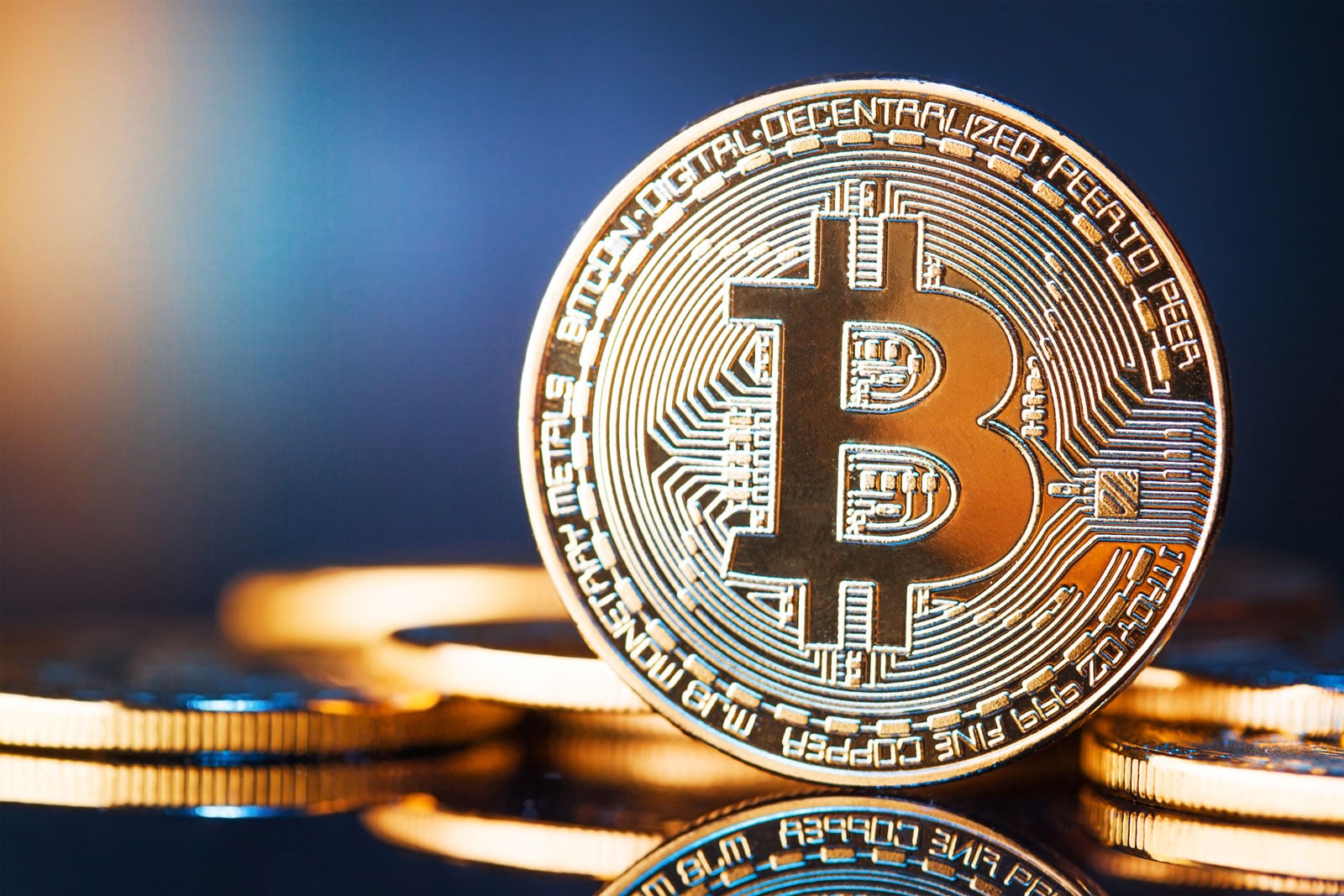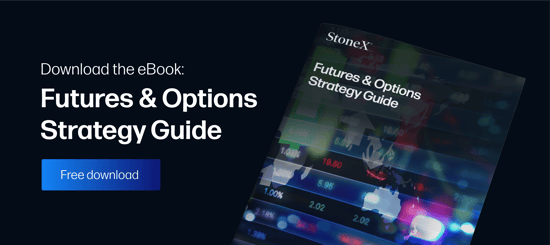
The ascension of Bitcoin into the financial mainstream has brought a new asset class known as cryptocurrencies into the spotlight. Functioning as exclusively digital forms of money, cryptocurrencies facilitate both commerce and trade through the implementation of advanced blockchain technology. This versatility fosters differing views pertaining to their classification as either commodities or currencies.
As the global benchmark for cryptocurrencies, Bitcoin has drawn the attention of financial authorities worldwide. Citing concerns over security and its role in illegal enterprise, Bitcoin has been banned outright by several developing nations, as well as coming under fire in Russia and China.
It’s a complex question, and one with very little precedent, but is Bitcoin a commodity or currency? The truth is, a case can be made for either designation, but the official answer depends largely upon geographical location and political influence.
The Bitcoin Currency
Like any form of money, Bitcoin may be readily exchanged for goods and services. It’s accepted around the globe as viable mode of payment. Led by monoliths Overstock.com, DISH Network, and Microsoft, Bitcoin’s growing popularity among merchants is fueled by several unique advantages:
- Low transaction costs: Without any intermediaries needed to facilitate transactions, fees are minimal.
- Security: Blockchain technology ensures the integrity of transfers.
- Speed: Bitcoin is a streamlined peer-to-peer form of direct payment.
Aside from being accepted as a mode of exchange, Bitcoin has little in common with traditional money. In fact, it lacks several primary attributes of conventional fiat currencies:
- Coinage or banknotes: Aside from a line of computer code, Bitcoin offers no physical presence.
- Central bank: Bitcoin exists in the online environment, thus it’s not under the control of a central banking authority.
- Governmental backing: No government officially recognizes or guarantees the value of Bitcoin.
- Unlimited supply: Unlike fiat currencies, Bitcoin has a finite supply of 21 million. New Bitcoin may not be printed at the direction of a central banking authority; only Bitcoin miners can add supply to circulation.
Bitcoin is not endorsed by any country or municipality as a proper currency. In that respect, it’s an article for barter rather than legal tender. Without official backing from a government or jurisdiction, deposits or acceptance of Bitcoin are not guaranteed.
Learn more about Bitcoin futures options here.
The Bitcoin Commodity
A commodity is defined as being a basic good used in commerce. Foodstuffs, livestock, metals, and energies are examples of commodities. Over the course of human history, commodities have played an instrumental role in trade. Salt, oil, and gold are items that have stimulated international commerce for hundreds of years.
Perhaps the most instructive illustration of Bitcoin’s likeness to commodities is the gold analogy. When viewed as a hard asset, Bitcoin and gold have several key elements in common:
- Scarcity: New quantities of gold or Bitcoin are not easily added to existing supplies, ensuring their scarcity.
- Finite supply: While gold’s supply is assumed finite, Bitcoin’s is an absolute maximum of 21 million.
- Inherent value: Both gold and Bitcoin have value, which makes them assets as well as being viable means of trade.
In comparison to gold, Bitcoin exhibits many of the common attributes of traditional commodities. These similarities have given rise to the official launch of Bitcoin futures exchanges. Over time, the trade of Bitcoin derivatives products may come to resemble that of traditional commodity-based asset classes.
Bitcoin Trading
The nature of Bitcoin can make it difficult to define in absolute terms. However, in September of 2015, the U.S. Commodities Futures Trading Commission (CFTC) eliminated the guesswork officially designating Bitcoin a commodity. The CFTC’s ruling has set the stage for standardized Bitcoin futures trading on the CME (ticker BTC) and Cboe (ticker XBT).
For more information on how to become active in these exciting new markets, contact the professionals at Daniels Trading. With more than 20 years in the futures industry, the team at Daniels Trading has the experience and competency to help make your venture into Bitcoin commodity trading a successful one.
Related Bitcoin Articles
 Trade Statistics: Can a Market Be Due?
-
Whether you prefer to buy something that’s up 100% or down on the year can say a lot about you as a trader. It’s the classic contrarian vs trend follower debate, and it’s playing out in spades among two of this decade’s most novel markets: cannabis and crypto.
Trade Statistics: Can a Market Be Due?
-
Whether you prefer to buy something that’s up 100% or down on the year can say a lot about you as a trader. It’s the classic contrarian vs trend follower debate, and it’s playing out in spades among two of this decade’s most novel markets: cannabis and crypto.
 How to Make Crude Oil Smaller
-
This question can plague many attempting to act on what the data tells them, and it’s especially justified for volatile commodity markets like oil and natural gas. Thankfully, crude oil has been around for a while, and there’s enough data to both display an opportunity and measure the risk around it.
How to Make Crude Oil Smaller
-
This question can plague many attempting to act on what the data tells them, and it’s especially justified for volatile commodity markets like oil and natural gas. Thankfully, crude oil has been around for a while, and there’s enough data to both display an opportunity and measure the risk around it.
 Bitcoin: Buy or Sell the Highs?
-
It’s time to sideline your opinions of crypto and take advantage of the unique opportunity in front of you. An asset class worth trillions of dollars has sprouted up and developed before traders’ very eyes.
Bitcoin: Buy or Sell the Highs?
-
It’s time to sideline your opinions of crypto and take advantage of the unique opportunity in front of you. An asset class worth trillions of dollars has sprouted up and developed before traders’ very eyes.

